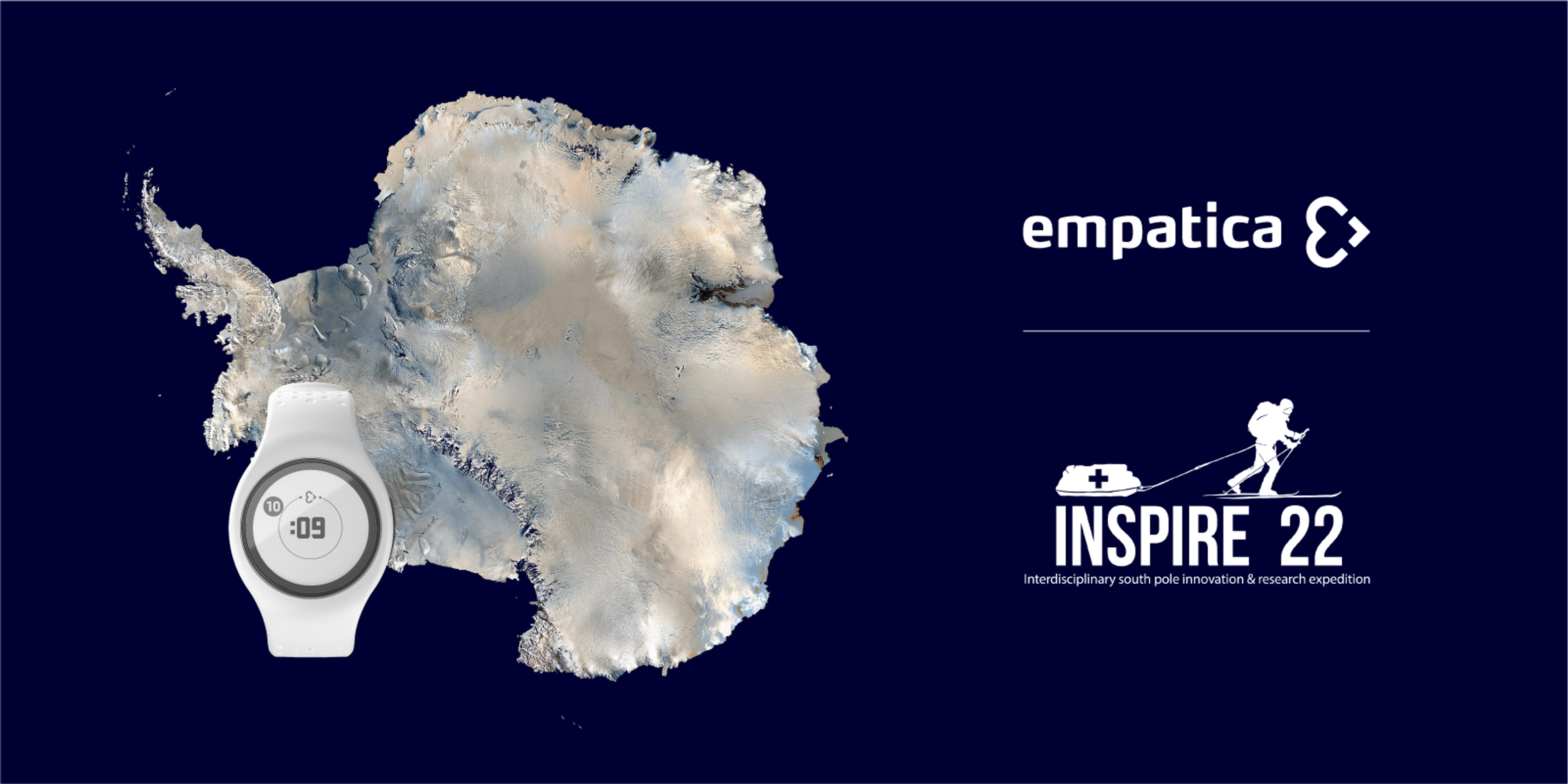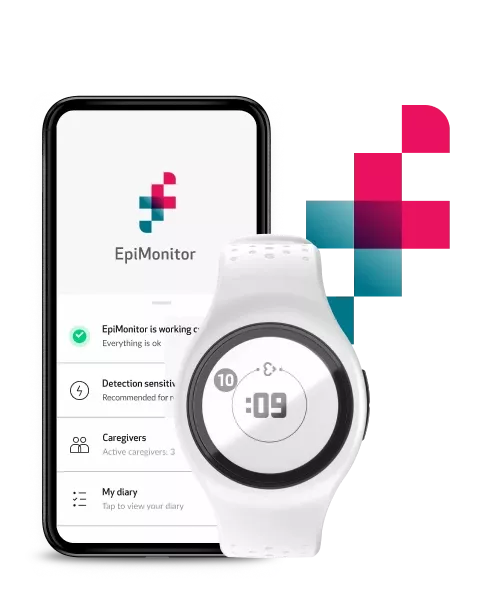Empatica's technology heads to Antarctica in human metabolism study

The South Pole is one of the most demanding environments on the planet. The average annual temperature at the South Pole is -50°C, while the average altitude across Antarctica is 2,400m and can go above 4,000m. High altitudes can lead to hypoxia, while some of the other physical threats of polar travel include dehydration, hypothermia, snow blindness, frostbite, and altitude sickness.
Since 1911, when Norwegian explorer Roal Amundsen first successfully reached the South Pole, many Antarctic expeditions have taken place, though only a handful of missions were undertaken for medical research purposes. As a company dedicated to improving medical and scientific research and enabling new discoveries, Empatica is proud to provide its technology to yet another innovative project.
INSPIRE 22 is a unique and ambitious medical research expedition, aiming to study the metabolic cost of sustained polar travel. The challenge of reaching the South Pole is not only physical, but also mental and nutritional. By studying changes in energy metabolism and food utilization in a harsh environment and while undergoing intense physical exertion, scientists will be able to study how the body adapts to and copes with extreme cold, and also the kind of nutrition necessary to minimize metabolic changes.
The eventual findings of this work can not only help scientists understand how we can survive sudden changes to our environment and monitor health during future exploration missions, but also have immense translational implications for patients, by providing new approaches to managing diseases and their treatments and supporting disaster relief.
The INSPIRE 22 team has previously studied the impact of polar travel on metabolism in labs, before and after expeditions. With the help of wearable technology, the research team can now also continuously monitor changes in the physiology of the team members while they are skiing across Antarctica to reach the South Pole. Members of the expedition are wearing an EmbracePlus to continuously measure their health data, which will then be analyzed to understand the effects of extreme environments on human metabolism, as well as the potential impact of wearable technology in measuring health in such environments, by studying changes in metabolic and inflammatory biomarkers.
“Participants will be monitored using wearable technology while in Antarctica. Unanswered research questions remain: what physiological or biochemical signal should be measured?; what is the physiological normal when people are working hard in remote environments? This collaborative endeavour aims to investigate the potential opportunities that wearable technology can offer to explore these questions.” (from the INSPIRE 22 website)
The study is also providing answers to other questions, such as ‘How far can research and telemedicine go?’ ‘What if health data could be collected and streamed from anywhere in the world (or even Mars)?’ EmbracePlus, funded to work in space, has been engineered to be durable and reliable, even in the most austere of environments, opening up the opportunity for research to take place in previously unthought-of conditions and locations.
The first tri-service team set off from the Messner Start in November, and will be covering a total distance of 900 km. They are now being joined by a civilian team, including Empatica’s General Manager, Ivan Cenci, as they ski the Last Degree to reach the South Pole. Follow @empatica and @Inspire22 for frequent updates on the mission.



